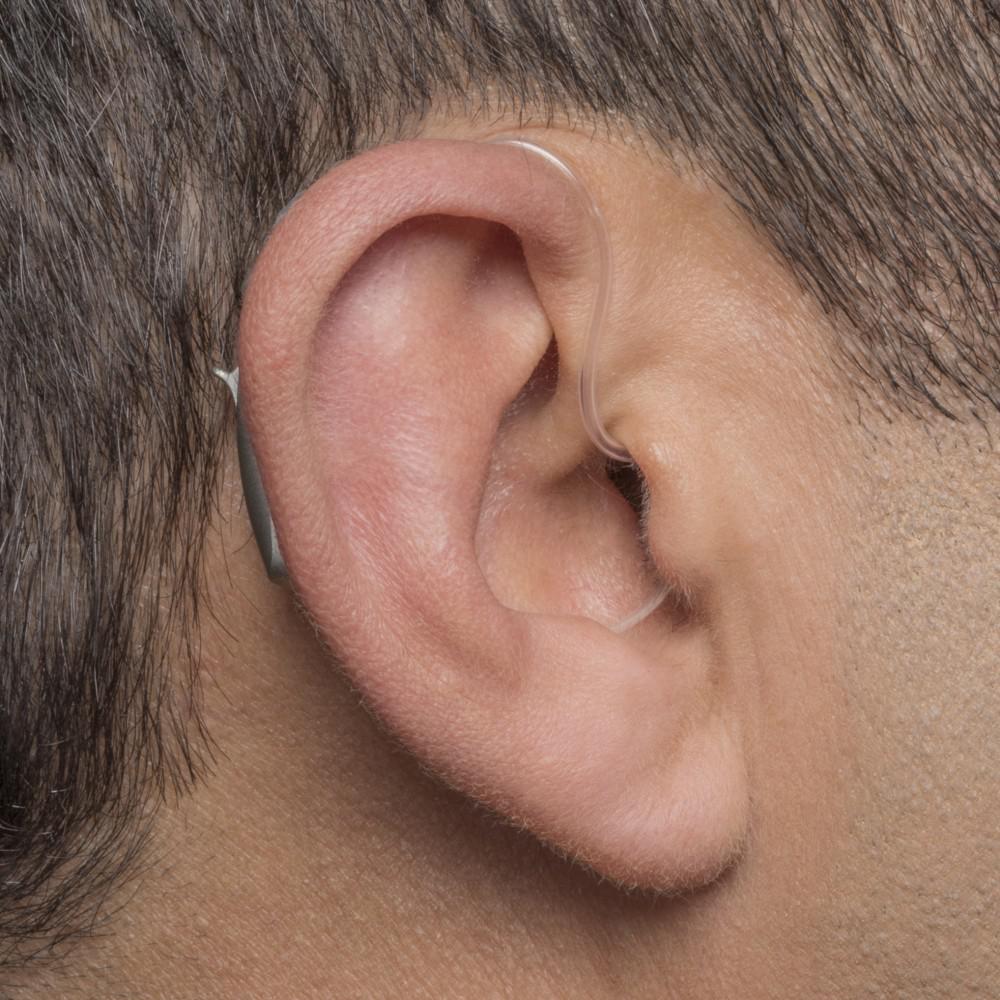
Close to 40 million Americans over the age of 18 have some degree of hearing loss, and the older you get, the greater risk you have of developing an issue. This prevalence of hearing impairment combined with advances in technology expands both the market and the selection of assistive devices that help you hear more effectively when hearing loss strikes you.
Hearing aids were once large and clumsy devices. Now, with advances in digital technology, contemporary aids are tiny, powerful, and versatile, adaptable to many types and levels of hearing loss, while offering a wide range of customizable features to fit your lifestyle. Despite their remarkable capabilities, there’s still a period of adjustment to accommodate the benefits that hearing aids offer.
Perception of sound
First-time hearing aid wearers are often the last people to know they have hearing issues. It’s common for people around you to notice your hearing loss before you do. This is often because hearing loss is so gradual that your brain has an easy time adjusting to the new normal that hearing loss creates.
You’re more likely to experience your hearing loss as other people mumbling, not lower volumes in your own head. Often, you lose hearing around specific frequencies that make comprehension harder, but you won’t notice a quieter world without a point of reference.
When your hearing aids are prescribed, this slow decline is suddenly reversed, and it can be a shock just how loud and harsh the world is with your new hearing aids.
Managing expectations
Perhaps the best way you can handle the transition to the world of better hearing is by expecting the unexpected. There will be a period when this louder world overwhelms you.
Depending on the amount and frequencies that were lost to you, your adjustment period might be shorter or longer, but you should expect about two weeks where the novelty of louder sounds monopolizes your perceptions. It can be frustrating during this time. However, your brain will adjust to this new level of hearing.
Wear your aids – but not too much
You might be surprised how fatiguing it can be to process all of this new sound. It’s possible you won’t even associate this tiredness with your hearing, but it’s a real effect that many people experience.
You might be tempted at times to take your hearing aids out, and that’s fine, as long as you’re wearing them for at least part of each day during your adjustment period. Again, it’s part of the adjustment period.
Customizable programming
You’ll have a follow-up appointment a few weeks into hearing aid ownership to make sure your aids are comfortable and working for you. If, even after the adjustment period, you’re unhappy with the sound of your new aids, discuss this with your audiologist. The digital capabilities of your hearing aids are incredibly versatile, and it’s a simple matter to adjust the programming to suit you.
The hearing professionals at Lakeshore Ear, Nose and Throat Center know that your hearing is subject to personal taste, and they’re trained to adapt your feedback into your hearing aid’s program, resulting in sound and volume levels that work for you.
If you haven’t yet considered how hearing aids can improve your quality of life, you owe it to yourself to schedule a visit to the most convenient location of Lakeshore Ear, Nose and Throat Center. Each office has its own phone number as well as its own online appointment request tool. Contact your closest office today.

